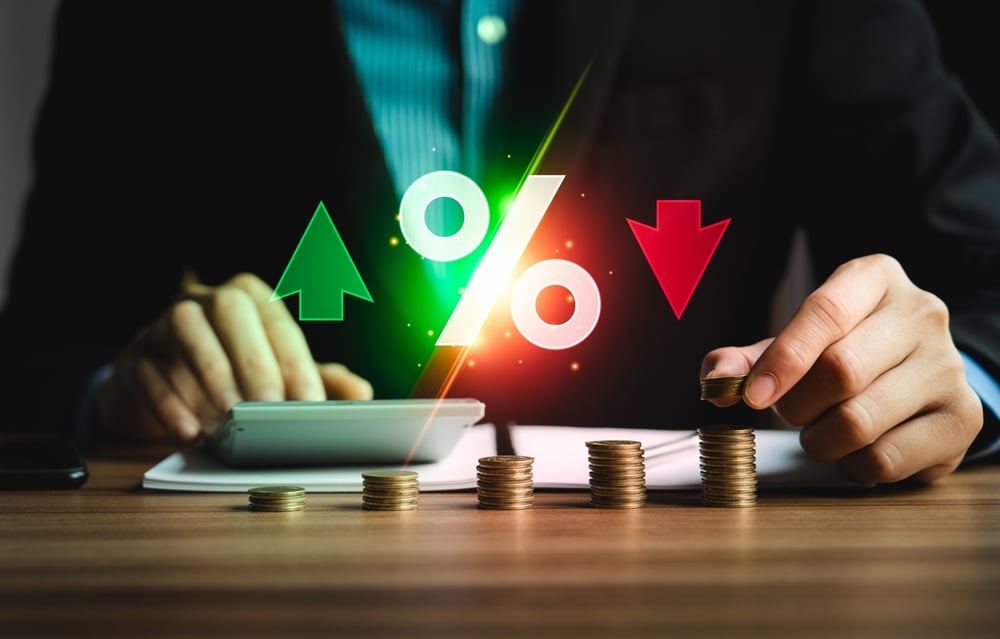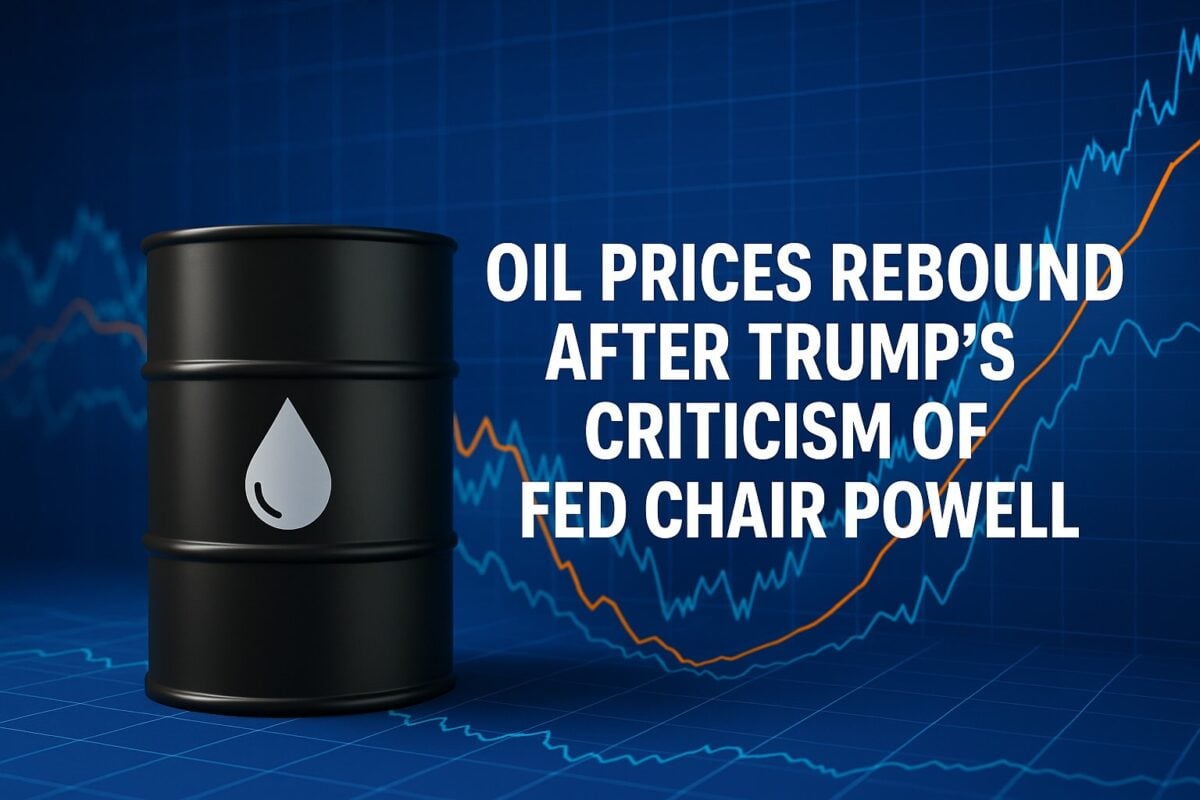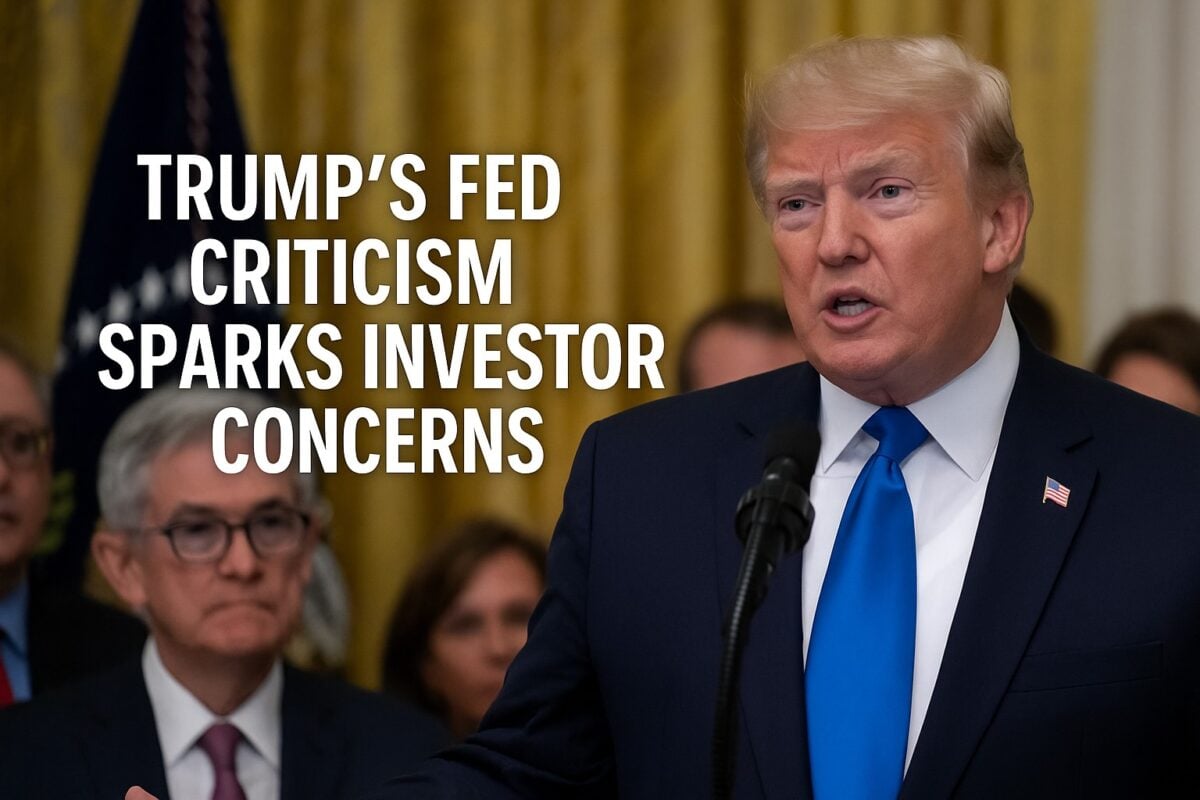
Stock Market Crash 2024: Warren Buffett Indicator
Table of Contents
Warren Buffett is known for several key principles he considers essential in the stock market, which he freely shares as part of his investing wisdom. Among these is the Buffett Indicator, a crucial tool for accurately analysing the potential stock market crash in 2024.
Kroger may not be as famous as some of Warren Buffett’s other holdings, but it’s one of his favourite stocks. Despite the limited information available about Buffett’s stake in Kroger, the company exemplifies the traits of a Buffett-type stock.
This preference for strong, dependable companies like Kroger is a hallmark of Buffett’s investment strategy, which has contributed to the impressive track record of Berkshire Hathaway Inc (NYSE: BRK) in the market. Following the Dot-Com Bubble crash in 2000, Buffett noted that comparing the total market capitalisation of stocks to the Gross Domestic Product (GDP) is the most reliable indicator of whether stocks are highly overvalued or undervalued at current prices.
Buffett Indicator News: Trouble Period?
The indicator, also known as the ‘Warren Buffett Indicator’, is defined as the total market index/GDP of the US ratio. The Wilshire 5000 is a total market index that tracks all US publicly traded companies. It is a market-cap-weighted index comprising over 3,000 companies.
In comparison, the Wilshire 5000 to GDP ratio is currently around 195% of the national income, according to Barchart, which is a ratio that is still higher than the ratio before the dot-com bubble burst and the Great Financial Crisis in 2007-2008.
In 2000, when internet stocks like Pets.com were trading at historically high multiples, the Buffett indicator read 140%.
In 2007, immediately prior to the collapse of the subprime mortgage sector, he not only predicted it in advance but also indicated an inevitable appearance of a crisis by the ratio of approximately 110%.
Without a doubt, given the persisting higher interest rates in today’s market, giant tech companies like Tesla Inc (NASDAQ: TSLA) and NVIDIA Corp (NASDAQ: NVDA) are still highly valued, as both trade with forward price-to-earnings ratios of more than 50, well above the historical average for S&P 500 companies according to Macrotrends.
However, forecasts for profits are still high which means even if today may look like overvalued companies, these multiples could go down as earnings are still growing.
Ryan Detrick, chief market strategist at Carson Group, recently presented a graph of the X chart, highlighting the stable production of earnings over the past few years. However, predictions of a stock market crash in 2024 remain uncertain. The scenario might be causing investors to pay higher values for stocks at the current prices.
Buffett’s Secret Investigating Method
Even though Buffett makes his investment ways clear to the public, he is still able to find securities that are different from most of the traditional stock market traders. One of the features that set Kroger apart from others is its deep involvement, which is not a very exciting stock if one goes by the standards of the stock investing community, but it is still a direct participant in an important part of the economy.
What makes it different from the other supermarket behemoths such as Walmart and Costco is its choice of strategy, where it prefers the higher-class citizens over the rest. The wealthy, then again might not even like shopping at Costco; rather, they would like to buy at their local well-prepared supermarket, having everything fresh and good setting. Their main point is how to incorporate the product in their post to make it work smoothly in the future. This is Kroger’s main business, and this could be what Buffett is getting from its narrative.
How Cheap is Kroger?
Unlike Walmart and Costco, Kroger has lower cost-priced stocks, and their price-to-earnings ratio is below the S&P 500 average. Buffett retains this stock; thus, it is probably, in the end, undervalued at this price. That implies that you are still able to buy it as cheaply as a bargain and look ahead to gaining from the stock in the long run.
One more part of the story remains untold and could also explain the better performance and higher gains. Kroger proposed a merger with its competitor Albertson’s, the leading non-discount supermarket in the US, following Walmart. The process is still in the air, however, the combination of the two can yield cost and profit synergies, attract new and old customers on both sides of the market as well as bring the whole Acme at a profit.
While Kroger stock may not necessarily produce any new millionaires, the company boasts a strong stock profile. It serves primarily as a stable component of a portfolio rather than a catalyst for significant growth. Yet it is currently outperforming the market, and as an anchor stock in a diversified portfolio, investors can become a lot richer if they own this stock.
Will The Stock Market Crash in 2024?
The financial markets have seen significant activity and growth this year, with major indices and sectors showing impressive performance.
The S&P 500 reported a 15% increase in valuation year to date. The Dow Jones Industrial Average is on the verge of breaking 40,000 as of June 21, when it finally closed at 39,494.67. The Nasdaq is the leader so far, up by 19% this year. The advanced artificial intelligence market continues to be a strong segment, and in one fine day, AI company Nvidia outperformed
Microsoft (MSFT) briefly became the world’s largest public company before moving to third place behind Apple (AAPL). All these developments highlight the excitement in the market, with technology being the number one sector to watch this year.
Hence, most financial experts do not predict a stock market crash in 2024. They rather predict pullbacks and corrections. Some of those dependent factors could be election anxiety, mild recession, lacklustre jobs data, and a “hawkish-sounding” Fed.
Great Recession and Financial Crisis: 2008 or 2022?
The Great Recession of 2008 to 2009 was the worst economic downturn in the US since the Great Depression. The country’s gross domestic product (GDP) sank 4.3%, the unemployment rate more than doubled to 10%, the prices of houses were down to roughly 30% and at the lowest point, the S&P 500 was 57% lower than its highest level.
JPMorgan acquired Bear Stearns, an investment bank, in April 2008 for a price of $10 per share, approximately 94% below the previous 52-week high. Under the bear market of 2022, one might hear some of the business analysts mentioning the stock market decrease at that time to be at the level of the Great Depression.
There were moments of time in 2008 when almost the entire country’s financial system, or in any case, perhaps the whole world, was on the brink of collapse. At the same time, the unemployment rate peaked at levels not seen in generations, and it took about ten years for the situation to recover. Both crises have seen big peak-to-low falls of the S&P 500—but the crisis in the 2008s was much worse.
From the top in October 2007 to the bottom in March 2009, the index collided almost 50%. The S&P 500 dropped by around 24% to the bottom in October 2022 from its peak in late December 2021, the S&P 500. Given the current economic uncertainties, some fear we might face similar challenges again.
Inflation And Interest Rates In 2024
Prices continued to rise, but the pace of price increases in June was slower than forecasted. High inflation has eased, and the Federal Reserve might reduce interest rates, which are a major factor for mortgages and credit card payments for people.
During the year, the Consumer Price Index grew by 3% in June, which is slower than the 3.3% of the year before. From May to June, the prices decreased by 0.1% — the second time the monthly reading went down, the last time being in May 2020, just at the beginning of the COVID-19 pandemic.
Most people struggled to pay off their natural gas and food bills, so in June core inflation, which excludes food and energy price variations, increased by only 0.1%, the lowest one-month hike since January. The price of petrol, which dropped by 3.8%, and used cars, down by 1.5%, fell. Housing has been the key to almost all the month-on-month inflation rates and the rest of the components have not responded. The cost of shelter rose by only 0.2% last month.
Higher rates have generally had a positive impact. Inflation has declined sharply since the peak of 9.1% in June 2022, but it has been at around 3% during the entire year. Powell, this week, reported to Congress that it has been “slightly” advancing toward his 2% goal and that the inflation rate expectations are still within the “anchored” range – financially speaking, the chances of an increase in commodity prices are low.
Warren Buffett’s Stock Market Indicator
The Buffett Indicator differs from market value, as it compares the total value of the US stock markets to the country’s GDP. The name originated from Warren Buffett, the legendary investor and CEO of Berkshire Hathaway (NYSE: BRK.A), who described the indicator as “the best single measure of where valuations stand at any given moment.” This ratio effectively shows whether the stock market is overvalued or undervalued in comparison to other parts of the economy.
Market condition is the one declared normal if the total value of the Wilshire 5000 index, a measurement of the entire market, is nearly equivalent to the most recent quarterly GDP estimate.
A stock is perceived to be undervalued when it is at around 70% of GDP. Having said that, stocks that are trading at a size that is double that of the economy are still the greatest warning sign. The signal gives a result which is 190% higher. And the indicator of this signal reveals a very strong overvaluation of the stock market crash 2024, which can possibly be followed by a market downturn.


